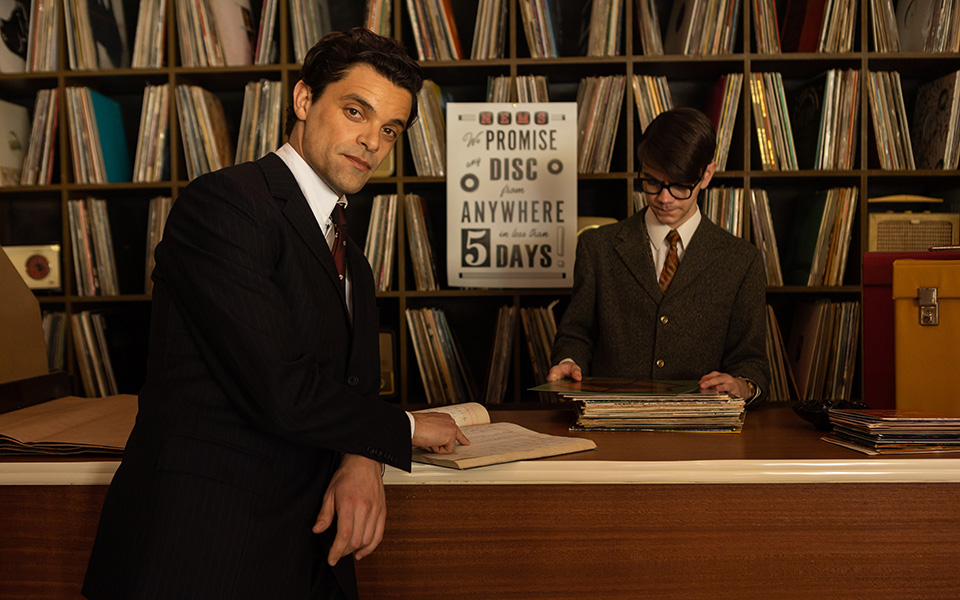Midas Man

Among the pivotal dates in the life of the Beatles, 27 August 1967 is one of the most significant. That’s when the band’s manager Brian Epstein died, aged thirty-two, in his London flat, the result of an accidental overdose of barbiturates and alcohol. His death precipitated the fracturing and ultimate fragmentation of the group. The financial disarray that dogged them at the time of their split in 1970 was something that Epstein would certainly have prevented. He was also a harmonising influence when personal dynamics became fraught, and it is no coincidence that following his death the music of the Beatles diminished in quality.
Continue reading for only $10 per month. Subscribe and gain full access to Australian Book Review. Already a subscriber? Sign in. If you need assistance, feel free to contact us.











Leave a comment
If you are an ABR subscriber, you will need to sign in to post a comment.
If you have forgotten your sign in details, or if you receive an error message when trying to submit your comment, please email your comment (and the name of the article to which it relates) to ABR Comments. We will review your comment and, subject to approval, we will post it under your name.
Please note that all comments must be approved by ABR and comply with our Terms & Conditions.